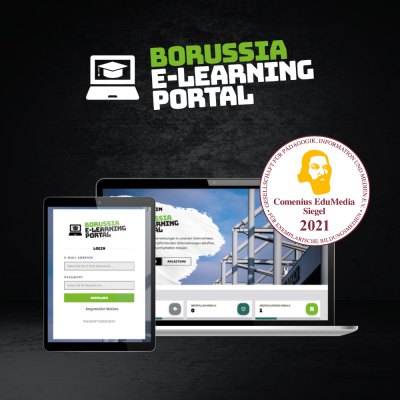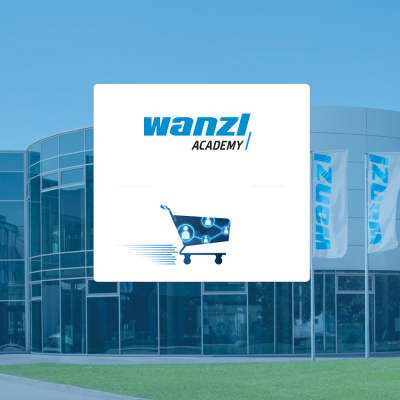Addiction at work: educating instead of tabooing
It is omnipresent – but it is usually only talked about behind closed doors: an addiction can have a significant impact on the way people live together. Whether alcohol, nicotine, or medications and illegal drugs: addictive behaviour is not limited to private life. Those affected often pursue their addiction in the workplace as well. In Germany alone, there are around 1.6 million alcohol addicts. This makes alcohol the most widespread addictive substance alongside cigarettes. According to a study, around one in ten employees in Germany also drinks alcohol at work - a significant problem. This is because the consumption of intoxicating substances in the workplace not only impairs work performance, but also significantly increases the risk of accidents.
Around 30 percent of all workplace accidents occur under the influence of alcohol. Reason enough to take action. Those who look the other way are not only putting their own operations and the safety of their employees at risk, but are also violating their legal duty of care. But how can employers intervene in cases of suspicion?
Take suspicions seriously and act actively
An addiction is not always obvious. Unexcused absences, an increasing neglect of external appearance, but also disorientation and sudden drops in performance can be indications of a possible addiction:
- Deal openly with the subject of addiction: make addiction prevention a management issue. Explain the risks of alcohol and drug consumption, especially if it takes place at the workplace, and create support services for those affected.
- Establish a suitable reporting system: Enable your employees to report possible suspicious cases to a dedicated office. Follow up on suspicions in professional intervention meetings with those affected.
- Raise awareness among your employees and managers: Provide recommendations on how to deal with a possible addiction among employees and what role the individual plays in this.
Dealing with addiction: Addiction must not be a taboo
If there is a suspicion of addiction, fast action is required. Supervisors should not shy away from the sensitivity of the issue, but should address possible concerns with professionalism and determination. At the same time, it helps to motivate employees to take active action. Intervene instead of looking the other way, that is the motto. This makes addiction prevention and education a concern for the entire company, in which every individual can play a decisive role. After all, addiction should not be taboo in the company – more the contrary. Together with the person affected, managers should look for possible solutions. Consequences under labour law can only be the last resort. Security Island offers a professional e-learning that educates about the right way to deal with addiction.































